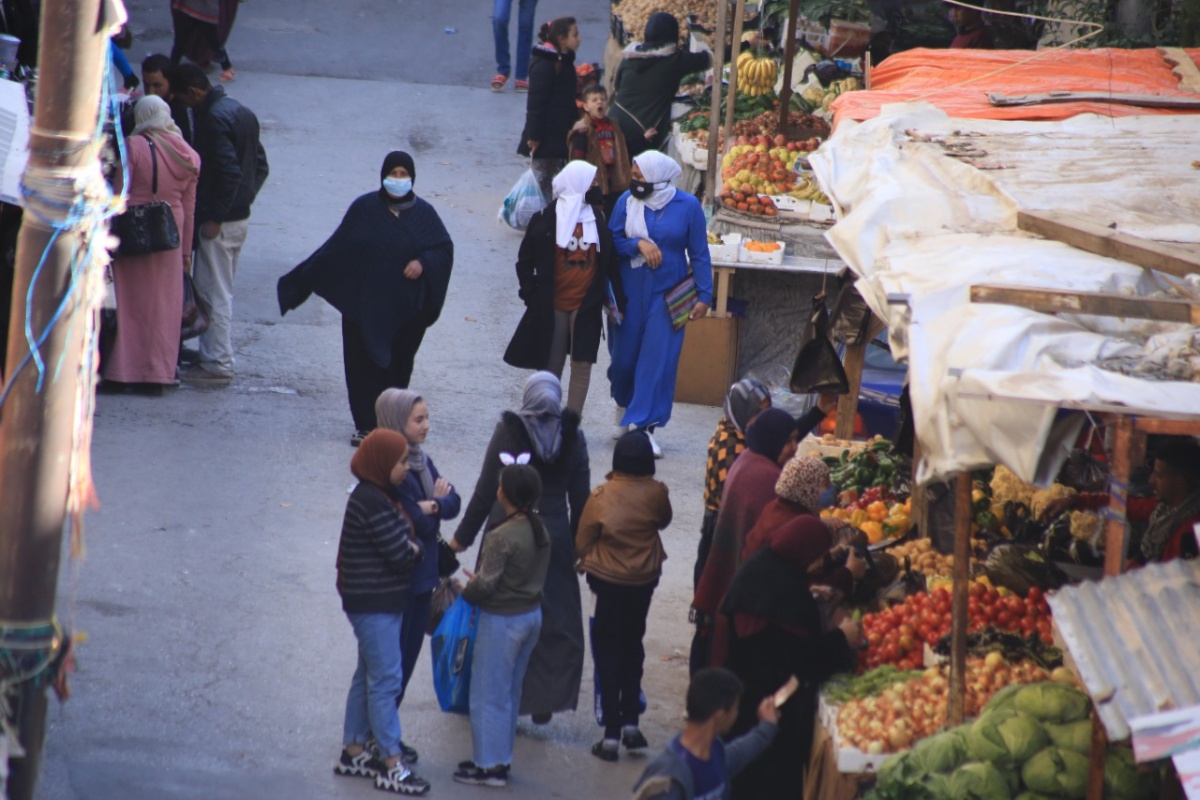We, members of the Al Nahda Women Network and Jordan National NGO Forum (JONAF), are extremely alarmed by the World Bank’s recent performative and learning review for Jordan, which shows a sharp 32.8% decline in women unemployment and an unprecedented 50% youth unemployment rate in the final quarter of 2020.
The World Bank, within the current Country Partnership Framework (CPF) for Jordan, has initiated measures to boost social security net programs in the kingdom; it noticed that the government of Jordan launched the Social Protection Strategy, as well as two emergency cash transfer social protection programs, in 2020 and 2021. Further, the International Monetary Fund’s Extended Fund Facility has specifically endeavored to allow for flexibility in spending in order to encourage and enable higher social protection spending.
While these are commendable efforts, they stop short of providing for inclusive social protection for the population affected by the socio-economic challenges posed by the COVID-19 pandemic, which revealed the limited scope of humanitarian and development mechanisms aimed at alleviating poverty and the ad hoc solutions resorted to instead.
We reject the social welfare that takes the form of aid from national aid funds and UN entities, aid that is given without proper planning and strategizing that aims at setting in place inclusive social protection mechanisms that encompass health, housing, work, education, and other aspects of well-being.
Few of the socio-economic challenges that our communities face are new, and they are all increasingly worsening. Due to the deteriorating economic situation, unemployment, and the absence of inclusive social protection mechanisms, many Jordanians had to borrow money to pay for food, shelter, and other basic needs, often with negative legal repercussions, including imprisonment. In the case of women, obstacles to economic participation are compounded by social norms, lack of opportunities, lack of childcare support for working women, lack of easily accessible transportation, discriminatory laws, and gender-blind policies among others. Consequently, a considerable number of women resorts to working in the informal sector, without formal contracts, which makes them vulnerable to exploitation, unfair working conditions and abuse, and exclusion from national social protection mechanism.
This is to be added to the negative socio-economic impact of distance learning, which led to an increase in the number of school dropouts, underage marriages, and more unemployment for women, among other repercussions that expanded the educational gap and decreased the quality of education among children and youth.
The present circumstances have created a unique space for advocacy, partnership, and collective engagement as the interaction of donors, governments, communities, and local organizations are pushed beyond the regular boundaries.
Moving forward, we call upon the aid community to prioritize the localization of humanitarian work and to pursue meaningful, multi-level partnerships and collaboration in order to ensure effective and inclusive social protection.
Aware that people often face disenfranchisement at different levels, we stress the importance of enabling civic participation in decision-making and access to information.
While recognizing existing limitations and challenges, we are aware of the human capital that our country boasts and encourage all stakeholders to work together toward the public good.
We urge the government to adopt inclusive social protection mechanisms that enhance resilience, by creating the necessary social infrastructure and services that help improve the well-being of the population. This will require a fundamental shift in our government’s approach to social protection, from ad hoc interventions, through development actors and limited contributive social security systems including the most vulnerable groups such as PWDs, refugees, and migrant workers.
We call upon government institutions to invest in proper planning for disaster and crisis management. Furthermore, we urge the government to increase its investment in responsive, efficient public services, such as health and education, and to start by adopting clear plans and protocols which ensure a near and safe return to schools and universities of children and youth.
We reaffirm our collective belief that effective recovery from the challenges that our communities face, including those posed by the COVID-19 pandemic, is only possible through urgent and clear strategies that are based on lessons learned to be implemented in the next 6 months.


